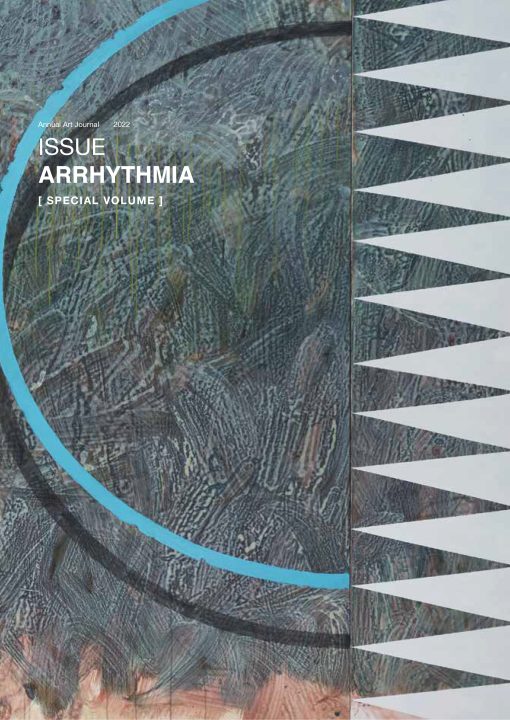When rhyme and reason falter, we are faced with a choice: to brace ourselves and surge ahead or fall prey to the murmurs of the age.
The pandemic is the single most significant 21st-century human catastrophe directly impacting humanity and its collective consciousness. It will define societies and economies as we move forward, in the manner the world wars did for the last century. Science and politics scramble to provide guidance, help and leadership, while people and their communities have resorted to redefining their lived experiences, their humanness.
In my writings, I have alluded to this moment as an anthropocentric revenge:
As gods fell silent, politicians, community leaders and healthcare professionals scrambled to arrest the pillage. A new way of performative living, working and engaging had to be birthed as tacit lines between self/community, professional/personal and embodied/existential were perforating rapidly, giving way to anxiety. Communities quickly introduced new rituals in personal and social distancing such as masking, isolating, avoiding and disinfecting. As instruments of care, they seemed antithetical to human socialisation (as evidenced by many who objected). Yet, it is very much part of the embodiment of the modern digital/virtual zone – distanced, isolated and disaffected.1
There is a significant social and cultural correction underway. The anthropocene demonstrates the impact of human activity and rapid progress on the living environment as seen through the climate and environmental catastrophe. As environmental advocates argue, human progress and power structures have significantly compromised the planet’s ecosystems. While there is a need for a new ecological and ethical contract between humans and nature, more urgently we need to acknowledge that we are one with nature.
The pandemic does not lie outside of these larger environmental concerns. Lest we forget, we are not dealing with a particular virus. But a family, a clan, a kingdom. In the world of virus taxonomy, COVID-19 belongs to the Orthonavirae Kingdom, coming from the family clan of coronaviridae.2 A virulent war is being waged as we sit sipping tea, frustrated in being boxed-up in virtual and digital screens. The virus is around us, within us, amongst us. It is one of us. Like all new visitors entering a collaborative social space, it can be friend or foe. At least to me, the pandemic has revealed that we all seem to be fighting very different battles, at cross purposes, when in fact, we have more in common. We must do away with ignorance, for we embrace, rightly or wrongly, things that go viral in social media but have been less understanding when things are viral in our social spaces. There is much to do, to study.
Arrhythmia, organised in the thick of a pandemic, addressed arrested arts practices in a disrupted world to foster a conversation around hope, opportunities and possibilities in the performing arts. Critically, the conference provided a forum to enquire into new and emerging practices as they evolve into ways of experiencing the arts, the world and ourselves. Performance practices have evolved over the past two centuries and have been institutionalised through education, public performances and scholarly research. The present is a watershed moment to revisit that which we know and begin anew.
The world of embodied performance stands still. From earth, we enter the world of digital screens. As these screens open the doors to new audiences, students and spaces as seen by the range of participants from around the world at this conference, how and what do we teach or convey? For whom and for what intent do we perform? How can performance and educational practices call to action the emergencies of our time?
A postscript. For a conference or a pandemic?
I do not want to provide an ode but push ourselves to commit to a more significant endeavour: to redesign and repurpose our artistic and educational approaches. We must do more than speak at conferences but become leaders committed to effecting substantial change in curriculum, philosophy and ontology by confronting the very crisis facing us.
The pandemic is ours to own; we wear the battle scars with pride. We survive another day. Our excuse is to opportune on our arrested moment and build a new performance world. While empathy, kindness and love, as Peter Sellars alluded in his keynote, would be manifestly crucial as we move forward, I would add that respect, patience and realignment of our relationships with kinships and emerging systems would be the modus operandi of our everyday.
Arrhythmia: Performance Pedagogy and Practice was significant because it provided us with a forum to build a new performance community around respect and realignment. The varied practices and illuminating provocations found in the conference leave us enriched. It is now time for us to take charge and shape a future.

